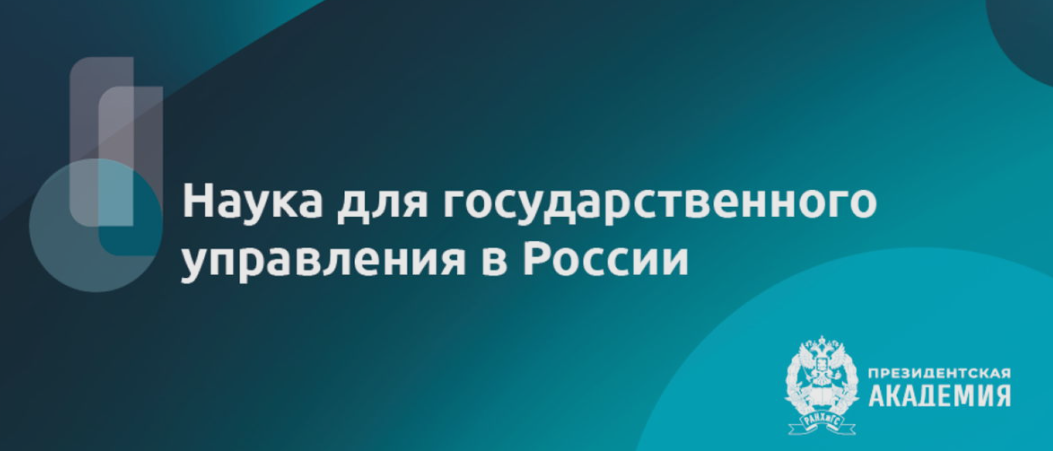Author's column
Methodology
The achieved and documented innovative readiness levels of PING/TPRL in implemented or current scientific/innovative projects are proposed to use for the digital assessment of the scientific and technical competencies of the researchers/project teams/organizations with respect to innovative project implementation, along with the traditional scientific indicators of the FSMNO.
A significant amount of information on scientific and technical competencies in Russian corporations and companies assumes the use of appropriate digital platforms based on artificial intelligence technology for searching and verifying information.
Priorities for development of science and technologies
A methodological approach is proposed to assess the impact of new technologies on achieving the goals of scientific and technological development of the industry (for example, aircraft manufacturing). It assumes a hierarchical relationship between the characteristics of individual technologies, the characteristics of products (aircraft) and the integral characteristics of air transport systems. It is considered that at the stage of applied research and development not hypothetical but real objects are developed. The composition and relationships of the necessary complex of mathematical models are described.
The article discusses methodological approaches to the analysis of the accumulation and relevance of scientific and technical groundwork. Scenarios for the demand for scientific and technical backlog are proposed, which are the trajectories of accumulation and development of new knowledge and technologies. The presented analytical constructions can be used in the development and implementation of measures of the state scientific and technical policy on the formation of a scientific and technical reserve and assessment of its practical use.
Article describes the approach to selection of technology development directions during planning of complex science and technology programs in aviation. The approach involves identifying (1) product requirements, (2) alternative product concepts to meet the requirements and (3) technology portfolios and their comparison by risks, costs and time required to reach implementation readiness status. The results of testing the approach are presented in respect to the TRL-based ranking of alternative concepts of future general aviation aircraft by relative level of technical risks.
Economics of sience
Due to the complexity of full-scale object modeling and the need to use advanced computing technologies, the digital twin development process may require significant time, financial and human resources. Therefore, it is important for lean management of digital twin development to classify them by functionality, determine the current technology readiness level (TRL), and monitor its dynamics over short periods of time. A description of the life cycle stages of digital twins virtual models and adapted conditions to achieve technology readiness level are proposed. The use of the formalized TRL metric for detailed project planning by specific results reduces the development time, costs, and improves the quality of the results.
Expertise
The article describes specialized tools for assessing a team of executors of a scientific and technological project based on the information contained in the project documentation, developed within the framework of the methodology for assessing the readiness of an innovative scientific and technological project, and increasing the objectivity of expert evaluation of projects. These tools can be used to determine if a team is in line with a planned or ongoing project. The application of the proposed tools allows us to assess the risks of failure to achieve project results associated with various characteristics of the project team and formulate recommendations for the development of the project team aimed at reducing them. Specialized tools have been tested for projects of the federal target program «Research and development in priority areas of the scientific and technological complex of Russia for 2014–2020».
The article describes a model for assessing the level of technological readiness of projects submitted to the competition for funding, built using the TPRL methodology. The model can be used along with other tools for evaluating competitive applications to increase the accuracy and objectivity of the expert evaluation of competitive projects. Based on the results obtained using the proposed model, ranked lists of participating projects can be compiled for the subsequent selection of winning projects. The developed model for assessing the level of technology development hasbeen tested for projects of the federal target program «Research and Development in Priority Directions for the Development of the Russian Scientific and Technological Complex for 2014-2020».
Efficiency of a scientific activity
The article provides examples of the practical application of the methodology for the integrated assessment of scientific and technical projects to assess the results of completed projects, as well as to assess the level of technological development of projects carried out according to the program activities of the federal target program “Research and development in priority areas of the Russian scientific and technological complex for 2014–2020 years“. A methodology for the comprehensive assessment of scientific and technical projects and integrated project portfolios, including integrated innovative development programs as part of various programs to support scientific and technical activities. The developed special tools, algorithms and integrated assessment algorithms make it possible to determine the level of project requirements, for example, TRL, as well as assess the level of the project team and its complexity. ongoing project. The use of special tools in the management bodies of innovation development institutions will increase the effectiveness of ongoing support programs.
Questions of commercializing the results of scientific activity
The further development of the TPRL methodology as a tool for the commercialization of innovations is proposed. Descriptions of readiness metrics for lean R&D are presented. The expediency of subsequent decomposition of the readiness level criteria into the subject level and project levels for various technological / subject areas / complex systems is shown. Description of the initial scientific readiness levels SciRL are proposed for use in research dedicated to generating knowledge.
ISSN 2949-4680 (Online)


































